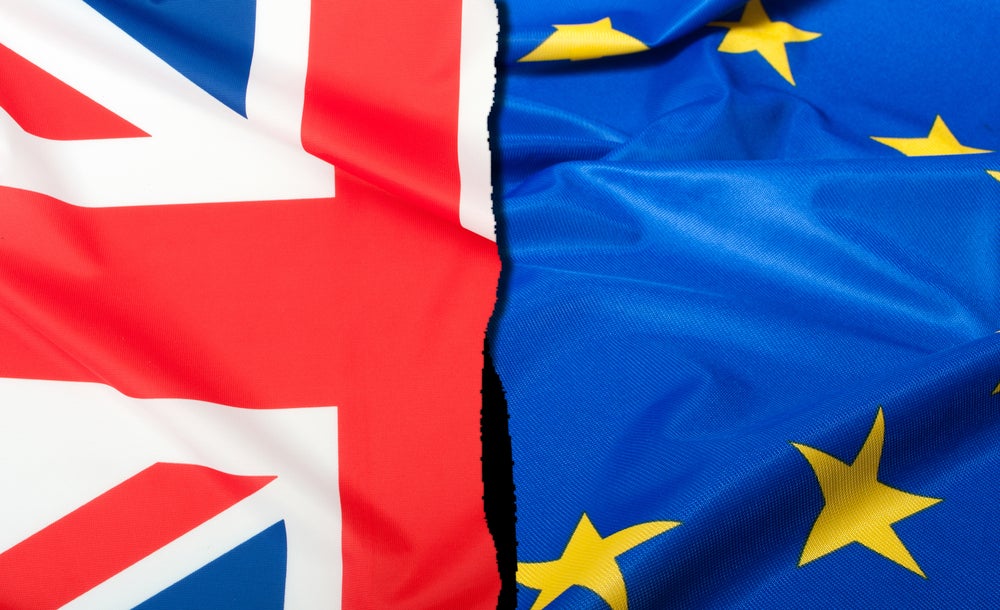
In this latest article about the possible effect of Brexit on media law, I will look at data protection. In previous articles, I have examined message boards and copyright.
Most journalists rarely encounter the Data Protection Act (DPA), as the ‘journalistic exemption’ gives them immunity from most of its requirements.
The DPA is a UK law, and so will be unaffected by Brexit. However, European Court judgements about the act will be binding, at least until the UK leaves the EU.
The UK will have to abide by the EU’s updated General Data Protection Regulation (GDPR), from May 2018. This law applies to organisations in any country that collect and use EU citizens’ personal information. So UK media with an EU readership may be affected.
The EU’s ‘cookie law’, which has led to media displaying cookie consent boxes on their websites, will remain in force for the time being.
However, it is unlikely that the UK will implement an updated version, which is likely be introduced before 2020. So webmasters may be able to remove those consent boxes, unless the UK Parliament introduces its own cookie legislation.
The future relationship between the media and the DPA remains uncertain, with or without Brexit. The Information Commissioner reassured the media in 2014 that he had no intention of interfering with the freedom of the media. He said that the data protection regime was not intended to obstruct a free and fair press.
However, the ICO’s media guidelines about the DPA stress that the journalistic exemption only applies to journalistic activity carried out in the public interest. They say: “You must reasonably believe publication is in the public interest – and that the public interest justifies the extent of the intrusion into private life.”
In recent years, celebrities like Cheryl Fernandez-Versini’s ex-husband Jean Bernard and musician Paul Weller are among celebrities who have won damages under the act. The DPA features on most writs issued against the media these days, now that the Defamation Act 2013 has made libel actions harder to win.
I believe editors are likely to see more challenges to the journalistic exemption on public interest grounds in future. And the media may be better placed to defend its traditional freedoms without interference from the European Court. So Brexit may turn out to be an advantage in this respect.
Cleland Thom is author of Online law for journalists
Email pged@pressgazette.co.uk to point out mistakes, provide story tips or send in a letter for publication on our "Letters Page" blog
